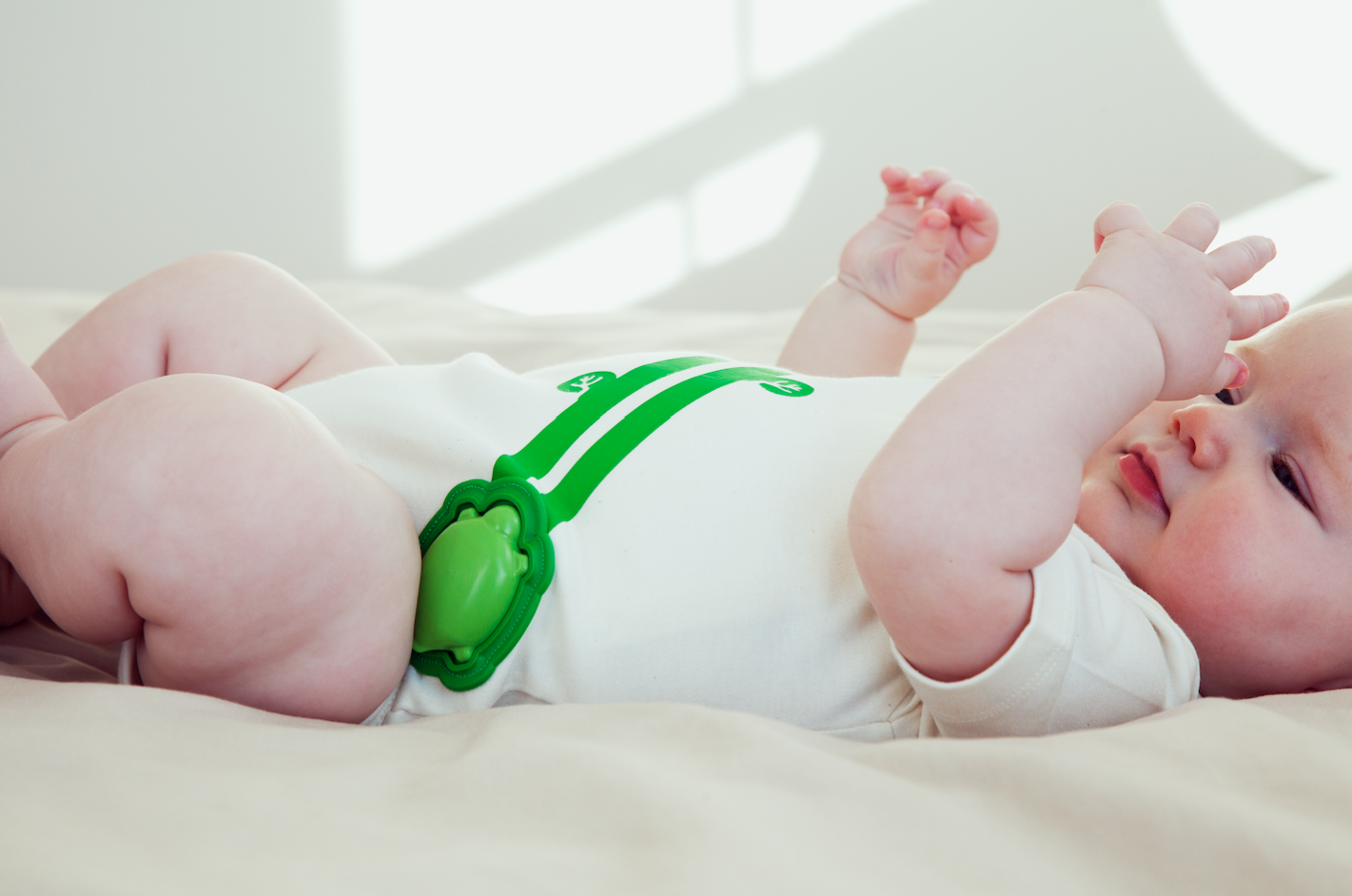
Like any new parent, 33-year-old Melissa Knobloch wants to keep close watch over her child. To that end, the Harrisburg, Penn. native downloaded a handful of apps that track her 10-week-old son’s eating habits, sleep patterns, diaper changes and more.
The result of all that data, says Knobloch, was information overload. So she deleted many of the apps, but held on to her bedside video monitor and motion detector. The latter device is meant to alert a parent if their sleeping child is still too long, a tool for preventing Sudden Infant Death Syndrome, or SIDS. “It’s more about peace of mind now,” says Knobloch of her use of digital parenting aids.
Millions of people track the number of steps they take in a day or the quality of their sleep with devices from companies like Fitbit and Apple. Some go much further, keeping precise measurements of their food intake, mood and even surrounding air quality as part of the “quantified self” movement. The aim of the data-trackers is often to use their autobiographical output to better understand their bodies and improve their physical and mental performance.
But fitness tracking devices have long been aimed at adults — until recently. New baby-minded gadgets are helping parents like Knobloch track every bit of data generated by their offspring. The result? Today’s children could be the first generation to be tracked throughout their lives, as parents turn to digital devices to ensure their offspring’s safety and proper development.
Take Mimo, for example. The Boston-based company makes a movement and sleeping monitor in the form of a washable crib sheet, as well as an activity monitor for infants. The company’s aim is to assist parents, who can often feel overloaded by the daunting task of raising a young child. “The one thing we’re trying to do for parents is help them get better sleep,” says Mimo CEO Dulcie Madden.
Another example: Cocoon Cam, a baby monitor that keeps track of children’s heart and respiratory rates, temperature and activity levels. Parents can watch their kids’ data, along with an audio and video feed, in real-time on their smartphone. Siva Nattamai, the company’s Chief Operating Officer and co-founder, says respiration tracking is one of Cocoon Cam’s more popular features. It’s also the one he personally wanted most when his daughter, now two years old, was born. “What we’re trying to do is basically do all of the analyzing for you and tell you that your baby is fine, it slept for eight hours at night, there’s nothing to worry about, and that this is normal given the statistics of babies that we know about,” says Nattamai.
A vastly different approach comes from VersaMe, which created the wearable word-tracking device Starling. Rather than tracking a baby’s internal metrics, Starling records the number of verbal exchanges between children and their parents or caretakers. The company claims that resulting data can help parents get an idea of whether they’re speaking and engaging with their children in a meaningful way.
Together, the goal of these devices is to provide some peace of mind for parents that their child is safe or developing normally (though none are substitutes for regular visits to the doctor). Consider them the modern, high-tech interpretation of the bedside walkie-talkie, which helped parents of the past keep an ear out for crying or other signs of distress.
Still, experts like Dr. Wendy Sue Swanson, executive director of digital health at Seattle Children’s Hospital, caution that over-tracking can be a problem of its own, as it was for Knobloch. She says that it’s unclear if pediatricians will benefit from seeing the data collected by some of these devices, for instance. (Adults who bring their Fitbit data to physicians might have the same problem.) She also cautions that infant wearables should “augment” parenthood, not replace it. “We’re in the infancy of these infant trackers,” says Swanson.
But that doesn’t mean these devices are useless. For Knobloch, the secret was finding the right mix of parenting tech that help her keep tabs on her newborn without adding to her stress levels.
“It really helps me kind of reflect at the end of the day as a new mom and say, ‘Okay you’re doing this right,'” says Knobloch. “It was good to reflect back and see that he’s sleeping. You do wind up second-guessing yourself.”
More Must-Reads from TIME
- Cybersecurity Experts Are Sounding the Alarm on DOGE
- Meet the 2025 Women of the Year
- The Harsh Truth About Disability Inclusion
- Why Do More Young Adults Have Cancer?
- Colman Domingo Leads With Radical Love
- How to Get Better at Doing Things Alone
- Michelle Zauner Stares Down the Darkness
Contact us at letters@time.com